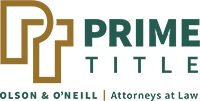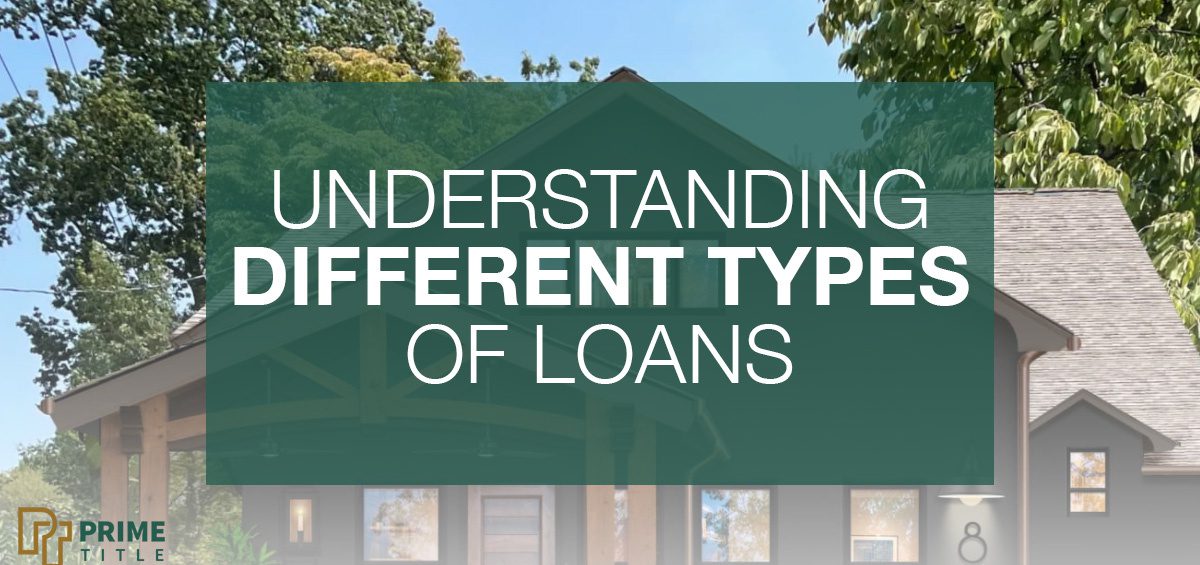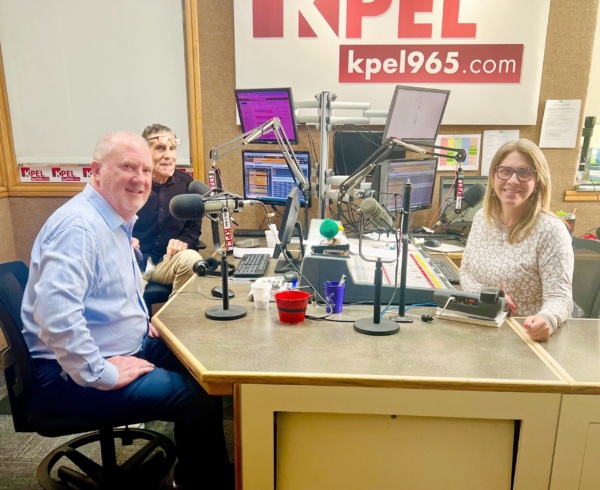Understanding Different Loan Types
If you need to borrow money, there are various types of loans from which to choose. The ones most people recognize are automobile loans, student loans, and mortgages, but there are a number of other loan types. It’s important that you understand the differences between them so you can decide which one best suits your needs should you have to borrow money.
Personal Loans
Almost all banks offer personal loans, which can be used for just about any reason such as paying medical bills, buying a new computer, or paying for a wedding. They are usually unsecured, which means you don’t have to put up collateral to secure them but they typically have a higher interest rate than other loan options. Personal loans can have either fixed or variable interest rates and their repayment terms range from a few months to several years. Different banks have different loan amounts for personal loans, with most ranging from a few hundred dollars to a few thousand.
Home Equity Loans
Home equity loans are a type of secured loan where you borrow money against the equity you have in your house, which is your collateral. Equity is the difference between your home’s market value and how much you owe on the home. Because you are putting up collateral, home equity loans usually have a lower, fixed interest rate than personal loans, but if you default the lender can foreclose on your home. The money borrowed can be used for any purpose and repayment terms usually range from 5 to 15 years, but that can vary by lending institution.
Home Equity Line of Credit (HELOC)
Similar to a home equity loan, a home equity line of credit uses your home as collateral. The difference is that HELOCs work more like credit cards in that a maximum amount extended may be used, repaid, and reused as long as the account is open, usually 10 to 20 years. Another key difference is that the interest rate is variable because the borrower can access the money at any time over the loan period instead of taking the full lump sum at the beginning.
Debt Consolidation Loan
A debt consolidation loan is a type of personal loan that is intended to pay off high-interest debt, such as credit card balances. If the interest rate for the debt consolidation loan is lower than your credit card rates, this can save you money. It also simplifies repayment because you are paying one bill instead of multiple bills. Rates can be fixed or variable and terms vary depending on the lending institution.
Payday Loans
Payday loans are the one loan you want to avoid at all costs if possible. They are high-interest, short-term loans that have to be repaid by your next payday. The average loan amount is $500 and interest rates for some payday loans can be as high as 400 percent. States regulate payday lenders so where you live determines loan amounts, fees, and repayment terms. But these are so bad for consumers that some states have banned them altogether.
The bottom line is that if you need to borrow money, be sure to educate yourself on the types of loans available. The one you choose can make a big difference to your budget and your ability to repay the loan on time.







